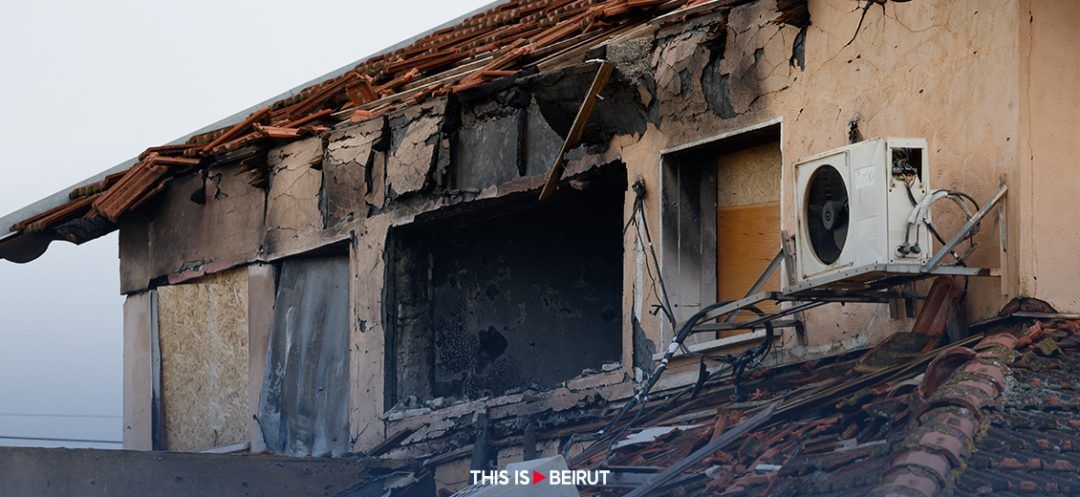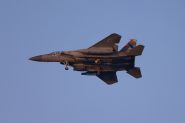
In the midst of a persistent chronic and existential crisis, some political factions occasionally resort to subtly propagating truncated or even baseless information. Their aim? Either test public reactions on specific topics or artificially sustain the attention of a partisan public by crafting tailored "information" capable of sparking debate solely to keep the popular base occupied.
This "Lebanese-style" scenario abruptly surfaced on the local scene following information that the government would provide $20,000 in compensation for each "martyr" fallen due to the war instigated by Hezbollah in South Lebanon on October 8, as well as $40,000 for each damaged residence. Predictably, this information elicited strong backlash from anti-Hezbollah sovereign circles.
They vehemently opposed any effort to offer such compensations, which would be funded by the Treasury and, consequently, by Lebanese taxpayers, as restitution for the losses suffered during a unilaterally instigated armed conflict by the pro-Iranian faction, without any consultation. The Executive has never entertained the idea of compensating the victims of the colossal explosion at the port of Beirut on August 4, 2020, to a similar extent, although Hezbollah bears full responsibility of the catastrophe due to its stockpile of ammonium nitrate in the port area.
The news concerning these compensations for South Lebanon residents was swiftly refuted by caretaker Prime Minister Najib Mikati, who rightly highlighted the government's lack of financial means to fulfill such promises. Nevertheless, the rumors circulating on this matter underscore two significant facts, rooted in the involvement of ministers and circles aligned with Hezbollah.
According to well-informed sources, the Shiite faction and its Iranian backers may be unable or reluctant to directly provide compensation to their supporters due to acute financial constraints. Furthermore, the prospect of reconstruction funded by Gulf countries seems unlikely after the fallout from July 2006 war. Despite the fact that petroleum monarchies previously provided funds for reconstruction, Hezbollah subsequently launched vitriolic campaigns, even declaring a full-scale politico-media war against these states, a glaring display of cynicism.
Faced with an impending financial deadlock and to quell potential anger from its popular base, which would be further fueled by the extensive destruction caused by the pointless new military venture, Hezbollah spread information suggesting that the central government would ensure direct compensation. This move serves a dual purpose: alongside internal media consumption, it also serves to gauge the reactions of various local factions.
Yet, more significantly than this political and media maneuver, the issue at hand epitomizes the destructive attitude of the Shiite tandem towards the state. The state is seen by the Hezbollah-Amal coalition as a cash cow, a source of endless wealth to be fully exploited, even if it leads to its destruction, with little regard for the repercussions on the fundamental interests of the population.
The state, eroded and dismantled by the pro-Iranian faction, is expected – along with the taxpayer – to bear the financial burden of a war that neither itself nor the vast majority of the Lebanese actually wanted, and about which no one was consulted!
This portrayal suggests that the mullahs' stronghold on local power perceives the state as its private domain to manipulate at will. However, the inherent values of the Lebanese people, deeply rooted in their attachment to freedom and socio-communal pluralism, cannot be so easily cast aside, especially when it goes against the tide of history.
Read more




Comments